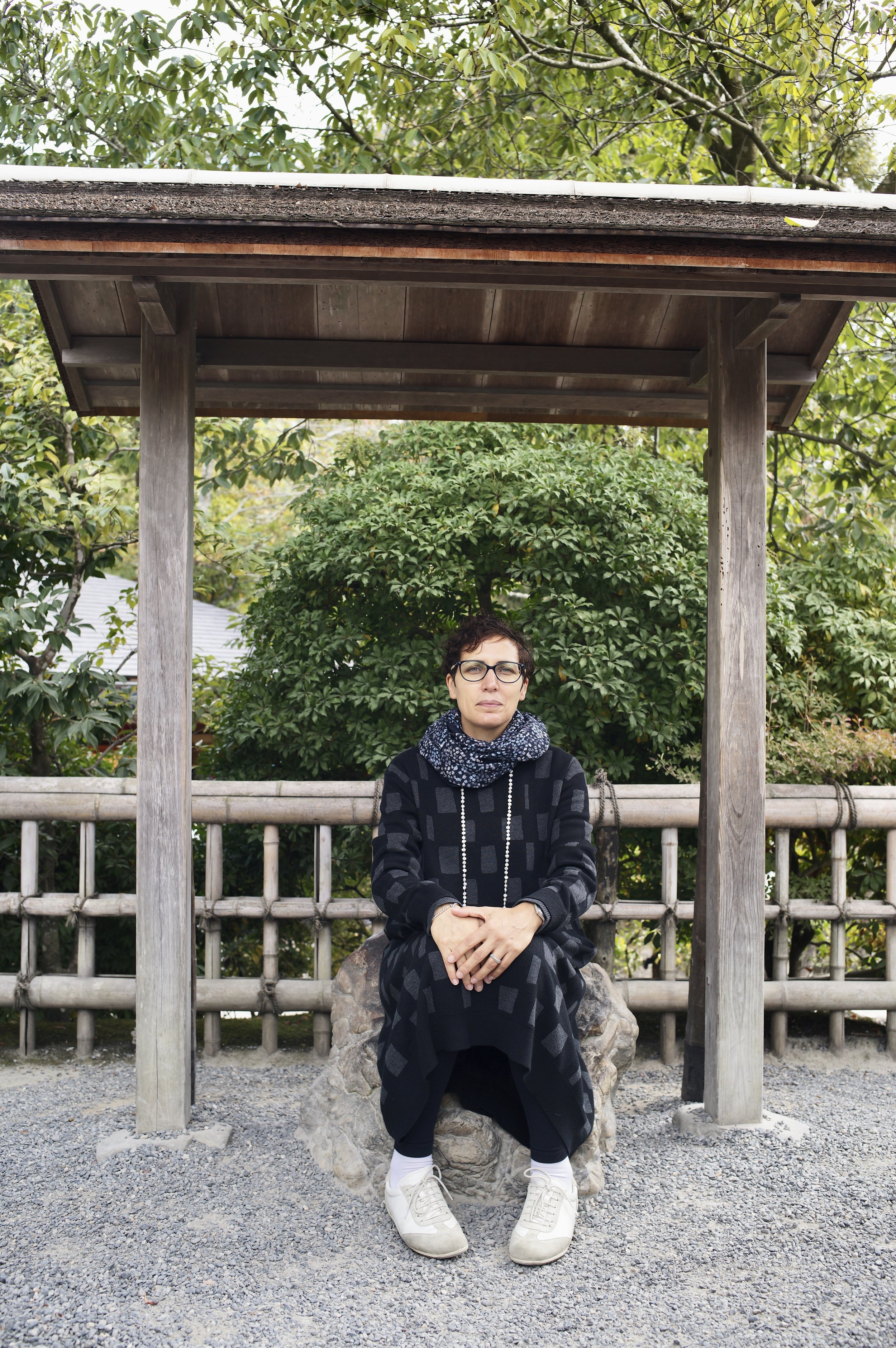How to remain optimistic in the face of adversity
Introducing to you this month's Convener: Emeline Fellus
My name is Emeline Fellus. I am an agronomist with specialisation in environmental economics and policy, guided by my purpose from very early on in life to protect nature. I started my career working as Associate Economist in the United Nations Environment Program (UNEP). I loved the work, but missed the link to action on the ground. With this in mind, I moved to the private sector, where I led projects engaging companies in sustainable agriculture. A turning point was reached after my kids were born, when I took a deep interest in nutrition and health. I joined the World Business Council for Sustainable Development (WBCSD) for a dream role as Director of the FReSH (Food Reform for Sustainability and Health) project – working with companies across the food value chain to deliver healthy, safe, nutritious food for all, produced responsibly and within Planetary Boundaries.
Convene asked Emeline, “How do you remain optimistic and hopeful for a positive future, when met with such complex challenges?”
Being hopeful and optimistic is not really a choice; it is a necessary attitude to deliver a better future. As a mother of three and admirer of nature and people in all their forms (well, except for a few), the only way forward is to focus on where change can be achieved for the better, and enable everyone, everywhere to play their role. Even if it is not happening YET as quickly and largely as wished, this shouldn’t prevent us from being leaders in change and we should keep on inspiring others with our actions, thoughts and words.
Indeed it’s not easy when met with such complex challenges, along with daily news about climate change acceleration, nature loss and growing inequality. Nevertheless, I recently discovered the concept of ‘Deep Adaptation’, which really helped me and I believe it can inspire others. The ‘Deep Adaptation’ ethos is a commitment to working together to do what’s helpful during the disruption of societies, due to the impacts of environmental breakdown. It’s an ethos of being engaged, open-hearted and open-minded about how to be and how to respond, in the best way possible.
Convene asked Emeline, “How have you seen this in action?”
In the last dialogue we held at WBCSD, on the role of processed foods in delivering healthy and sustainable diets to all, people were getting a bit stuck about the difficulty to deal with all trade-offs between nutrition, affordability, the environment and equity. Then one of the participants suggested that rather than focusing on the complexity, we could and should focus on the big areas of convergence. This simple yet inspiring comment, shifted the conversation towards the identification of solutions immediately implementable. I find that deliberate dialogue with a wide range of people is an eternal source of inspiration about possible solutions to the challenges we face.


